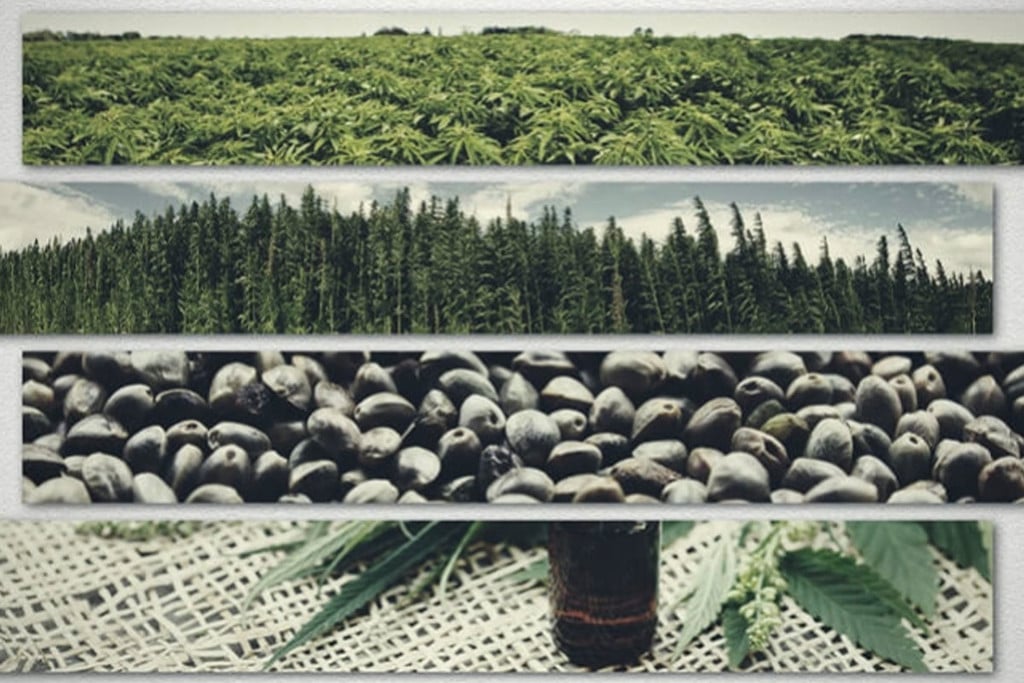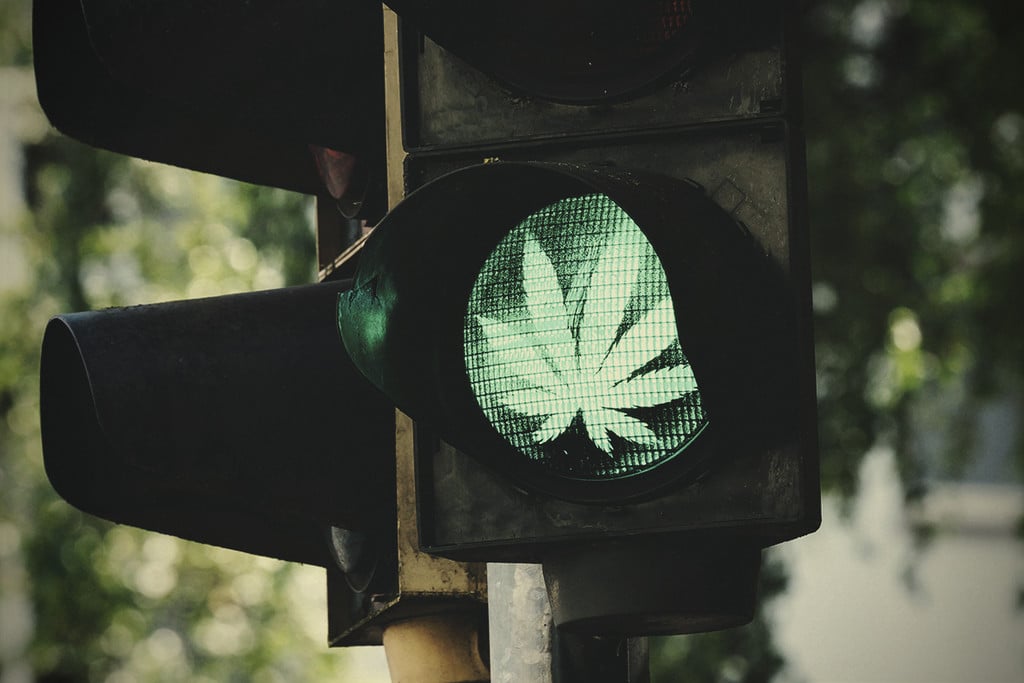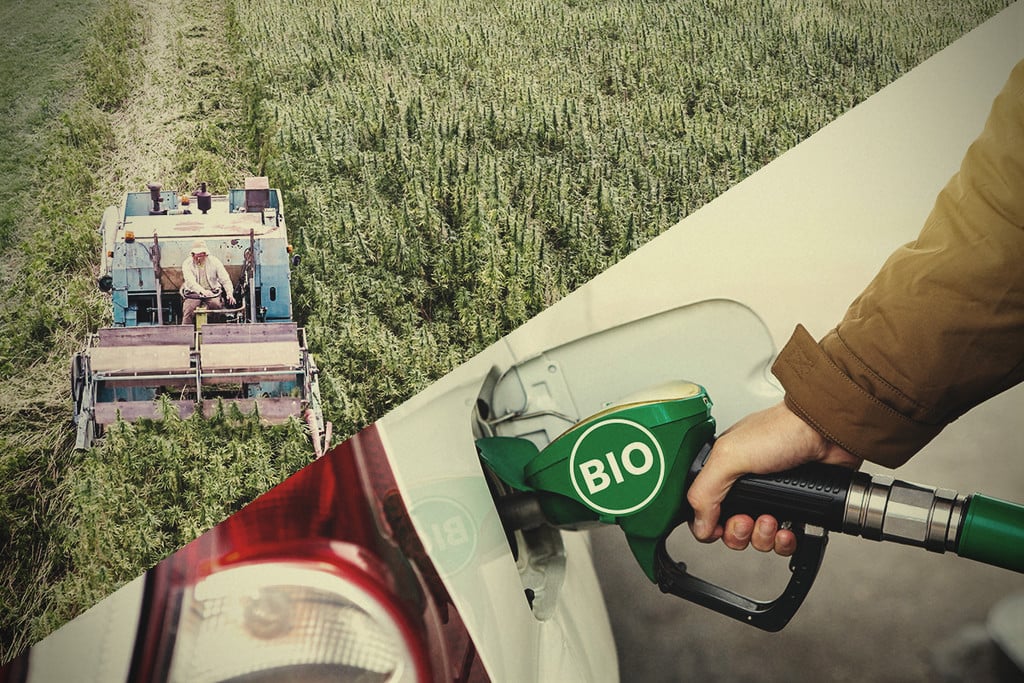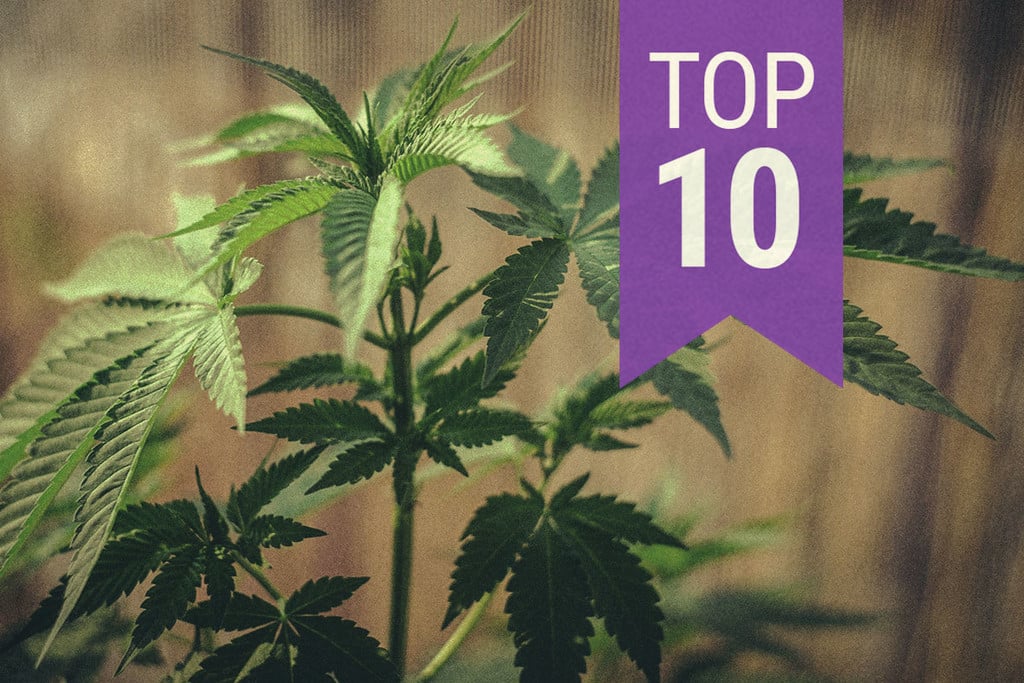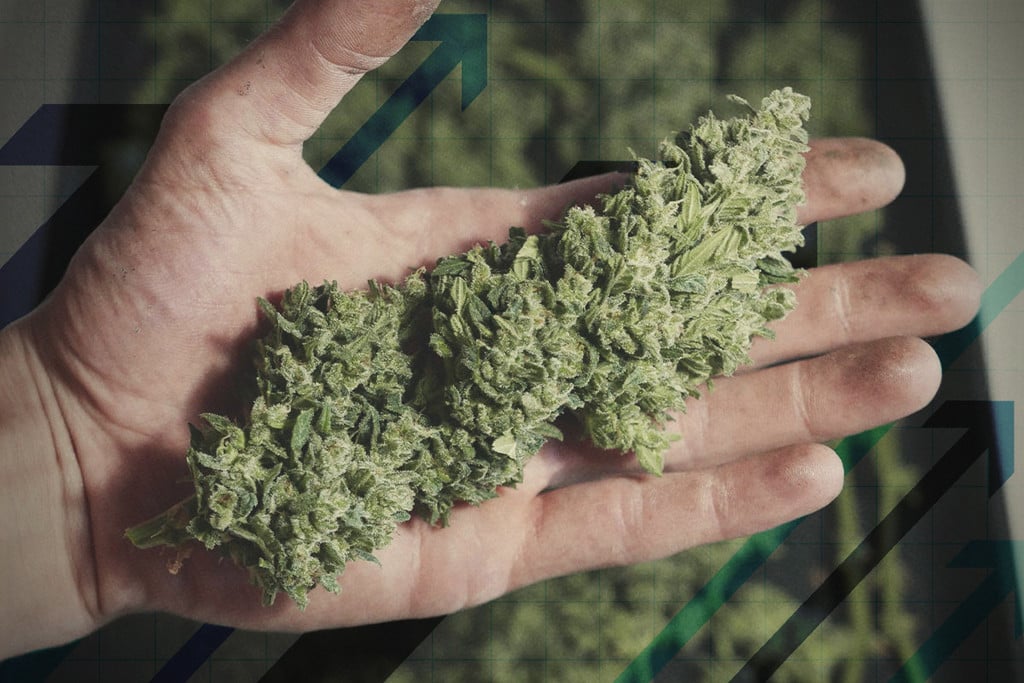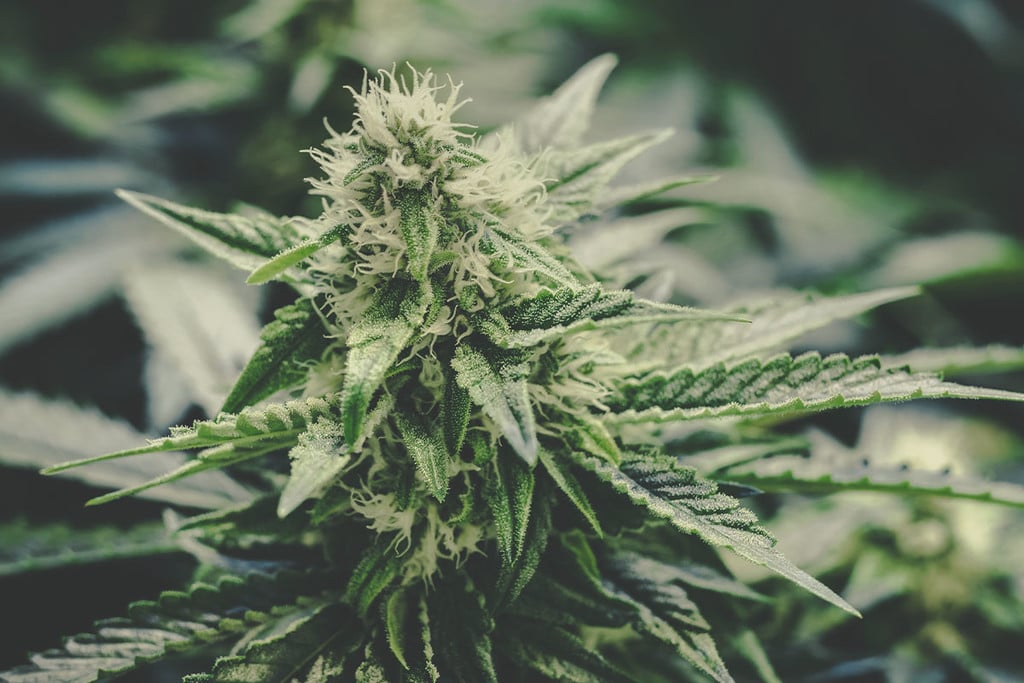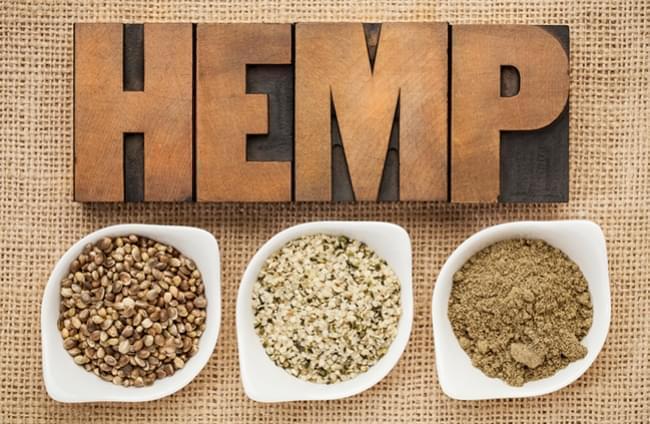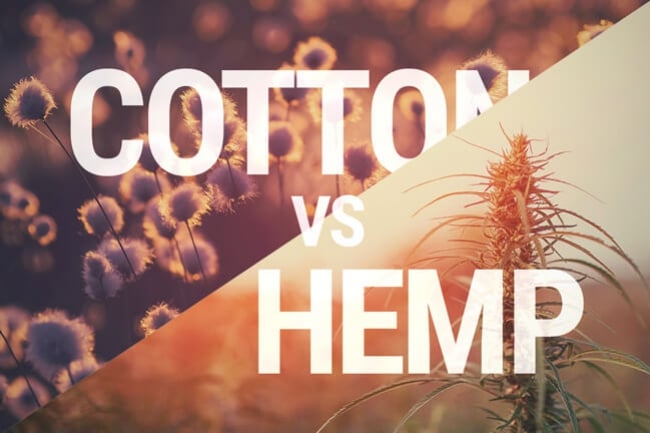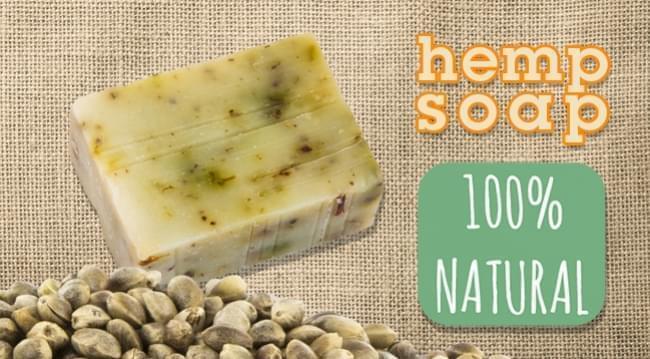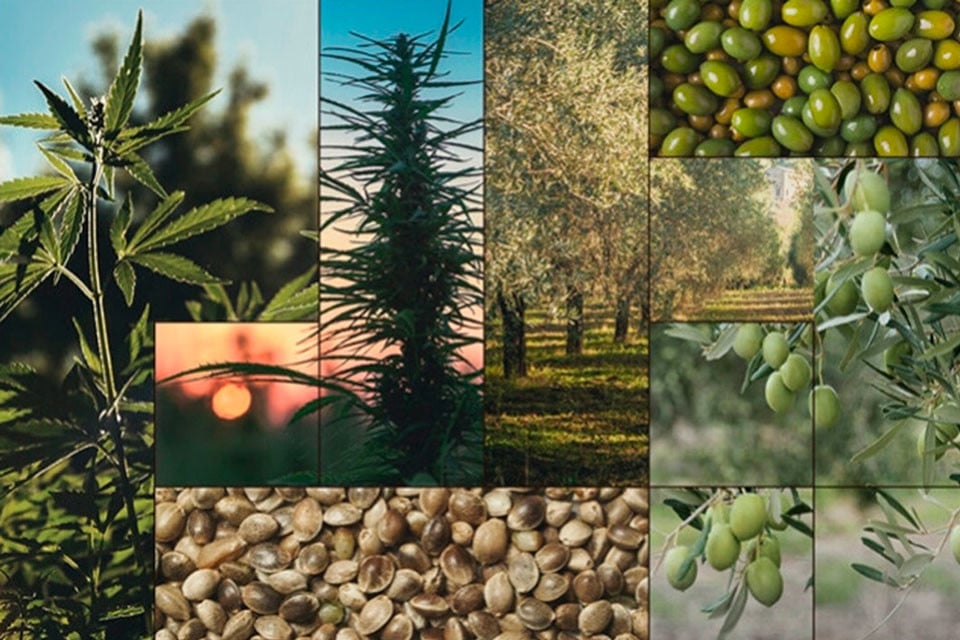.
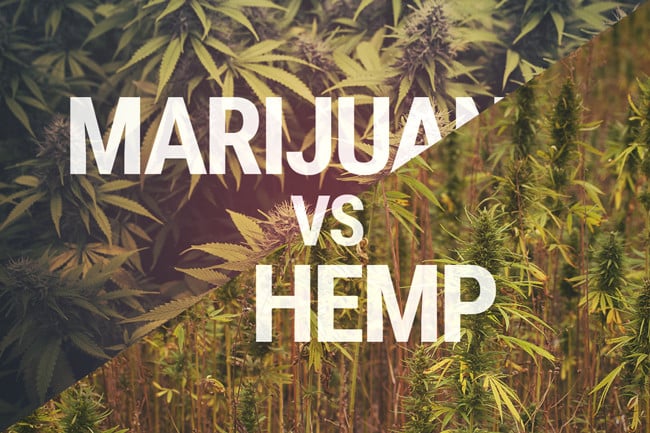
The Marijuana Vs. Hemp Debate: What's The Real Difference?
Marijuana, cannabis, hemp, CBD—all wonderful words, but do we really understand the relationships between them? We're about to ask some crucial questions about the relationship between marijuana and hemp. By the end, you'll have a clear understanding of what hemp is, what marijuana is, and why understanding this distinction matters.
Contents:
Hemp and marijuana—what’s the relationship between the two? For decades, cannabis aficionados have been baffled by the question. Does it have to do with plant sex, THC content, or some other arcane factor?
If you count yourself among the confused, fear not—the time for clarity has arrived. We’re here to delve into the relationship between cannabis and hemp. But before we get our answers, we’ll need to ask some questions.
Are Marijuana And Hemp The Same Plant?
Hemp and marijuana are both members of the same genus, Cannabis, and the same species, Cannabis sativa. To understand the difference between hemp and marijuana, we need to know a bit about the subtypes, or cultivars, of the cannabis plant. Cultivars are breeds of a plant species bred for different purposes. The three types of cannabis cultivars are:
- Cultivars grown mainly for industrial usage, with larger stems and fewer branches
- Cultivars grown mainly for seeds, which can be eaten raw or pressed into hemp oil
- Cultivars grown mainly for the active cannabinoids in their buds, to be used either for medicinal or recreational purposes
So, are the first two hemp, and the third cannabis? Not quite. It’s more accurate to say that numbers one and two tend to be hemp, while number three tends to be cannabis.
So where do we draw the line? How can we know for sure whether we’re looking at hemp, or at cannabis?
What Is The True Distinction Between Hemp And Cannabis?
Hemp and cannabis are legally defined by the concentration of THC present in the plant. In the US and Canada, hemp is defined as cannabis plants with THC levels of under 0.3%. In the EU, hemp is defined as cannabis plants with under 0.2% THC. Many European companies aren’t thrilled about this difference; in fact, the European Industrial Hemp Association (EIHA) has called for these rates to be standardised to ensure fair competition.
Legality
In the States, the Marihuana Tax Act of 1937 was the first legal restriction placed on cannabis cultivation. However, it wasn’t criminalised until 1970, at which point Cannabis sativa in all its forms became illegal. However, that has now been reversed in much of the world.
-
2018 Farm Bill
The Agriculture Improvement Act of 2018 (the farm bill) in the States legalized the production of low-THC hemp (that which autumns under 0.3%) for industrial purposes. This law was passed on a federal level, and thus applies to all of the states. As a consequence, hemp oil is now available in huge quantities and varieties. Though, this is not the same as CBD oil—and the same plants are not used in the production of both hemp fibre/seeds and CBD-rich flowers.
-
Europe
In Europe, it is more difficult to give exact dates, as ultimately each country deals with its laws separately. That being said, on the level of the EU, the production of low-THC hemp (under 0.2%) is legal for industrial purposes as part of EU Regulation 1307/2013. However, in some countries (such as Portugal), they've gone so far as to decriminalise recreational cannabis too.
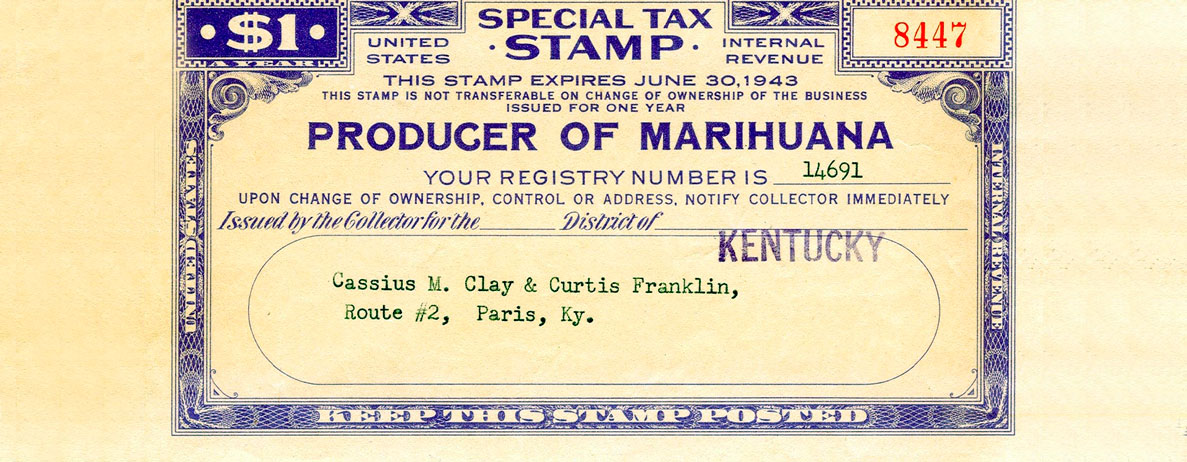
How Important Is THC?
Are hemp plants just cannabis plants that happen to have less THC? Again, the reality is more complicated. Hemp plants, especially those grown for industrial purposes, tend to look, grow, and act differently than marijuana plants. Marijuana plants tend to be short and “stalky”, with lots of branches and a profusion of small leaves and heavy buds. Industrial hemp plants tend to be taller with skinny leaves, thick stems, and fewer branches.
Industrial hemp plants can be grown close together, some varieties as close as 10cm, over their growth cycle of 108–120 days. Hemp tends to be grown in large, austere industrial plots. Marijuana, on the other hand, is a higher-maintenance plant that requires a more gentle touch. Marijuana tends to be grown in warm, carefully controlled environments where each plant gets at least a metre of space. The growth cycle of marijuana tends to be 45–90 days. Marijuana is sensitive in another crucial regard as well: if a marijuana plot is exposed to hemp pollen, the whole crop can be destroyed.
Uses of Hemp Plants vs Marijuana Plants
Despite originating from the same species, hemp and marijuana have very different uses. Hemp tends to be used for its fibres, as it is grown to be taller and less bushy. The fibres are then used to create a wide range of products, such as clothes and paper.
The top uses for hemp are:
| Textiles | Building materials | Paper | Rope and cord |
| Seeds | Oils (Mostly CBD) |
|
Textiles |
| Building materials |
|
Paper |
|
Rope and cord |
|
Seeds |
|
Oils (Mostly CBD) |
Marijuana, on the other hand, is used for the chemicals found within its flowers—namely, cannabinoids and terpenes. THC is only found in high quantities in marijuana, so recreational users (and some holistic users) will opt for this variant of the plant.
The top uses for marijuana are:
| Recreational enjoyment | Holistic use | Create extractions | Infuse oils (THC, CBD or CBG) |
|
Recreational enjoyment |
|
Holistic use |
|
Create extractions |
|
Infuse oils (THC, CBD or CBG) |
Which Parts of the Plants Are Used?
All of each plant can be utilised for some purpose, but hemp and weed have their own specialities. With hemp, it tends to be the stringier bits that are harvested and used. Hemp fibre is a very strong and malleable material, and it can be pulped and reformed to make a wide range of materials; or, the fibres can be wound together.
More recently, hemp seeds have also been harvested for their nutritional value. Among their uses, they provide one of the many vegan alternatives to milk, being rich in fatty acids.
The roots of the hemp plant can also be used to clean contaminated soil, a process known as phytoremediation. As hemp is a very robust plant, it is able to grow where other plants cannot, and the roots are able to absorb toxins. Therefore, by planting hemp crops in areas with poor, toxic soil, the soil can be effectively cleaned.
It’s not only the whole hemp plant that can be used, but the marijuana plant too (though admittedly this is less common). First, technically the marijuana plant could be used for the same purposes as the hemp plant—it would just provide far less in terms of raw materials. That is because weed plants have been bred to express different characteristics—specifically, cannabinoid-rich flowers. However, assuming you want to enjoy all the compounds from a marijuana plant, don’t just smoke the buds and throw the rest away.
Though THC is most prevalent in the flowers, there are many alkaloids, terpenes, and cannabinoids in the rest of the plant too, especially in the small “sugar leaves” surrounding the buds. So cook the leaves and stems down into butter or perform extractions to harness all the good stuff!
Hemp for CBD
Now, where we place CBD on the hemp vs weed argument is a matter of contention. Legally, CBD-producing plants tend to autumn into the hemp category. But in nearly all of their other characteristics, these plants are much more similar to marijuana. However, if we take the legal definitions for hemp, then yes, hemp is used to produce the lion’s share of the world's CBD products.
Can You Smoke Hemp?
Yes. Whether it is pleasant or not depends on what kind of hemp you smoke. If you’re smoking hemp grown for the production of CBD flowers, then the experience will bear little difference to smoking recreational weed (except you won't get stoned). However, if you’re smoking hemp grown for its fibres, you might find it a little unpleasant. Moreover, you might struggle to find enough flowers to smoke in the first place!
Where Does CBD Come In?
To understand the relationship between CBD and hemp, we need to recognise once again that the word “hemp” can be applied to several distinct varieties of cannabis plants. Technically, cannabis bred to produce high-CBD flowers for medicinal use would be considered hemp if its THC levels fell below legal limits. Yet, these plants would resemble marijuana plants far more than they would industrial hemp.
These days, some industrial hemp producers are extracting CBD from leftover material and marketing it as “CBD oil”. These products are generally considered to be of lower quality—with reduced concentrations, and higher risk of contamination—than CBD oil harvested from plants specifically grown for medicinal use.
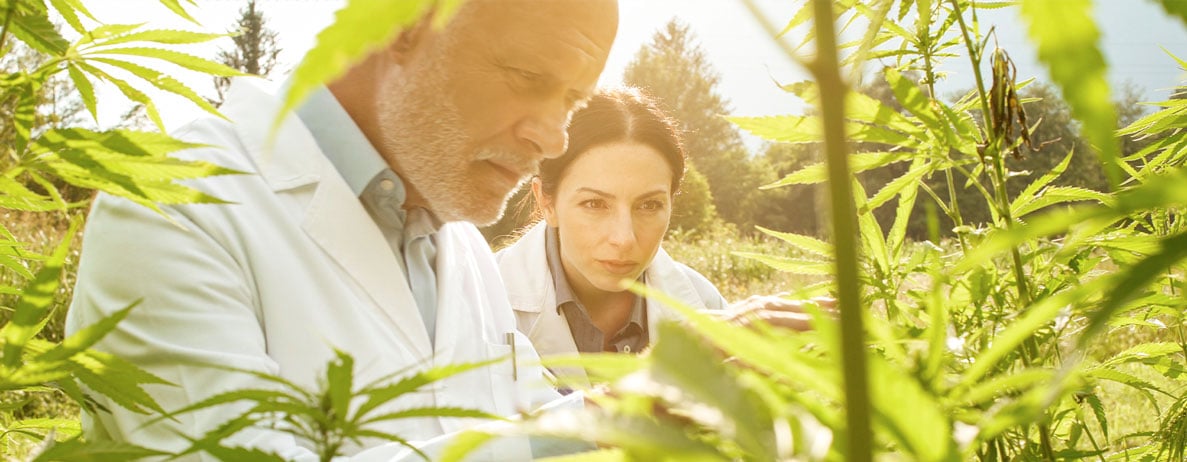
What’s The Difference Between CBD Oil And Hemp Oil?
If hemp is high in CBD, does that mean that hemp oil is CBD oil? It actually doesn't. Hemp oil is cold-pressed from cannabis seeds, while CBD oil—or any cannabinoid oil—must be extracted from the flowers. Hemp oil doesn’t contain CBD, but it’s still special—it contains the golden 3:1 ratio of omega-6 to omega-3 fatty acids, a combination that fights inflammation and helps build your brain. It’s also high in vitamin E, which has been shown to have anti-ageing properties.
If you’re determined to have your hemp oil with some CBD, you can try CBD-infused hemp oil to combine multiple benefits of the cannabis plant. As we’ll see, flowers and seeds have a lot to do with another factor crucial to understanding the hemp/cannabis distinction.
What Does The Hemp/cannabis Distinction Have To Do With Sex?
Contrary to popular belief, hemp is not merely the male version of the marijuana plant. It’s cannabis bred specifically to have low THC levels. That being said, the male cannabis plant shares many characteristics with hemp, including low amounts of THC and other cannabinoids. Recommended uses of the male cannabis plants can dovetail those of hemp.
How Are Hemp vs Marijuana Varieties Chosen?
These cultivars require different characteristics in order to successfully fulfil their desired functions. Cannabis grown to get users high won't provide much in the way of building materials, and hemp grown for building materials won't provide much in the way of psychoactive bud.
Industrial hemp plants are chosen based on their ability to produce a lot of fibre and seeds. The characteristics producers look for are:
| Tall, with a lot of stem and fewer branches | Ability to grow very close to one another | Improved mood | Physical relaxation |
|
Tall, with a lot of stem and fewer branches |
|
Ability to grow very close to one another |
|
Improved mood |
|
Physical relaxation |
For marijuana (and CBD plants), the desired characteristics are very different:
| High yields of flowers | Faster growth | Improved mood |
|
High yields of flowers |
|
Faster growth |
|
Improved mood |
So, although they are the same species, it’s clear that the desired characteristics result in very different plants.
Preventing Cross-Pollination Between Hemp and Cannabis
For industrial crops of either hemp or THC-rich cannabis, cross-pollination can wreak havoc. For those growing cannabis, pollination by a male hemp plant can more than halve the yield and strength of the final harvest. It is only the female cannabis plant that produces cannabinoid-rich flowers, and this is significantly reduced in plants that are fertilised.
With hemp crops, seeds are often the goal, but not seeds containing the DNA of THC-rich cannabis plants! If a hemp crop is accidentally pollinated by cannabis plants, it’s likely the whole crop cannot be used. Indeed, in some countries it may even be illegal to try and germinate these seeds.
Cross-pollination can happen easily by accident, especially when plants are grown outdoors. Cannabis plants are wind pollinators mostly, meaning they release their pollen into the air, which are then carried wherever the wind may take it. This makes it hard to control. For commercial crops, there are steps that can be taken.
It is deemed that 10 miles between crops should be sufficient to prevent cross-pollination. Likewise, barriers around crops, including other, taller plants, can play a big role in preventing pollen from one crop reaching another.
But it can be as simple as one hobbyist grower’s plant pollinating out of an open window, and a whole crop could potentially be wasted. However, growing only feminised cannabis seeds is a good way to prevent this.
Hemp and Weed: The Future
Across the world, legislation regarding both hemp and marijuana seems to be slackening. In fact, low-THC hemp now faces almost as little restriction as any other crop. And high-THC cannabis may be following suit (albeit slowly).
In much of the world, cannabis for medical use is already legalized—to some degree. Depending where you look, the decriminalisation of cannabis in one form or another is picking up speed.
In Spain you have cannabis social clubs, in Portugal all drugs are decriminalised for personal use, and in the UK some police forces are unofficially decriminalising the personal use and growth of cannabis. In the US, things have gone a step further, where cannabis is now legal in many states even for recreational purposes. And then there’s Canada, where recreational weed is legal countrywide.
It is likely that the rise of CBD deserves a fair share of credit for this relatively speedy change of fortunes. With hemp suddenly being used for its compounds, rather than exclusively for its fibres and seeds, it bridged the gap between legal hemp and illegal cannabis, making the latter seem much less intimidating.
How long the removal of criminal laws surrounding cannabis use and growth will take in each country around the world is unknown. However, that this will happen eventually seems, at this point, inevitable.


























